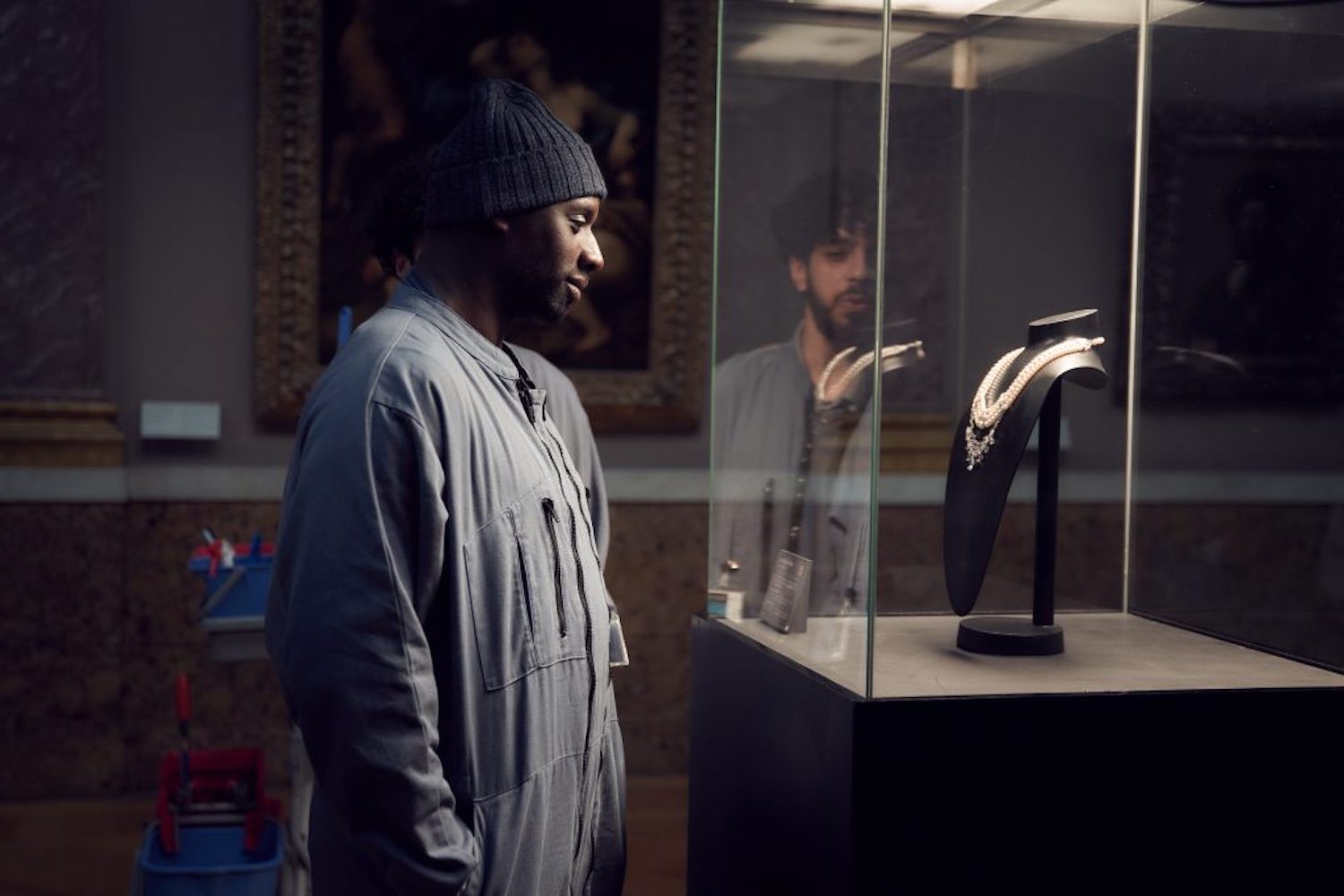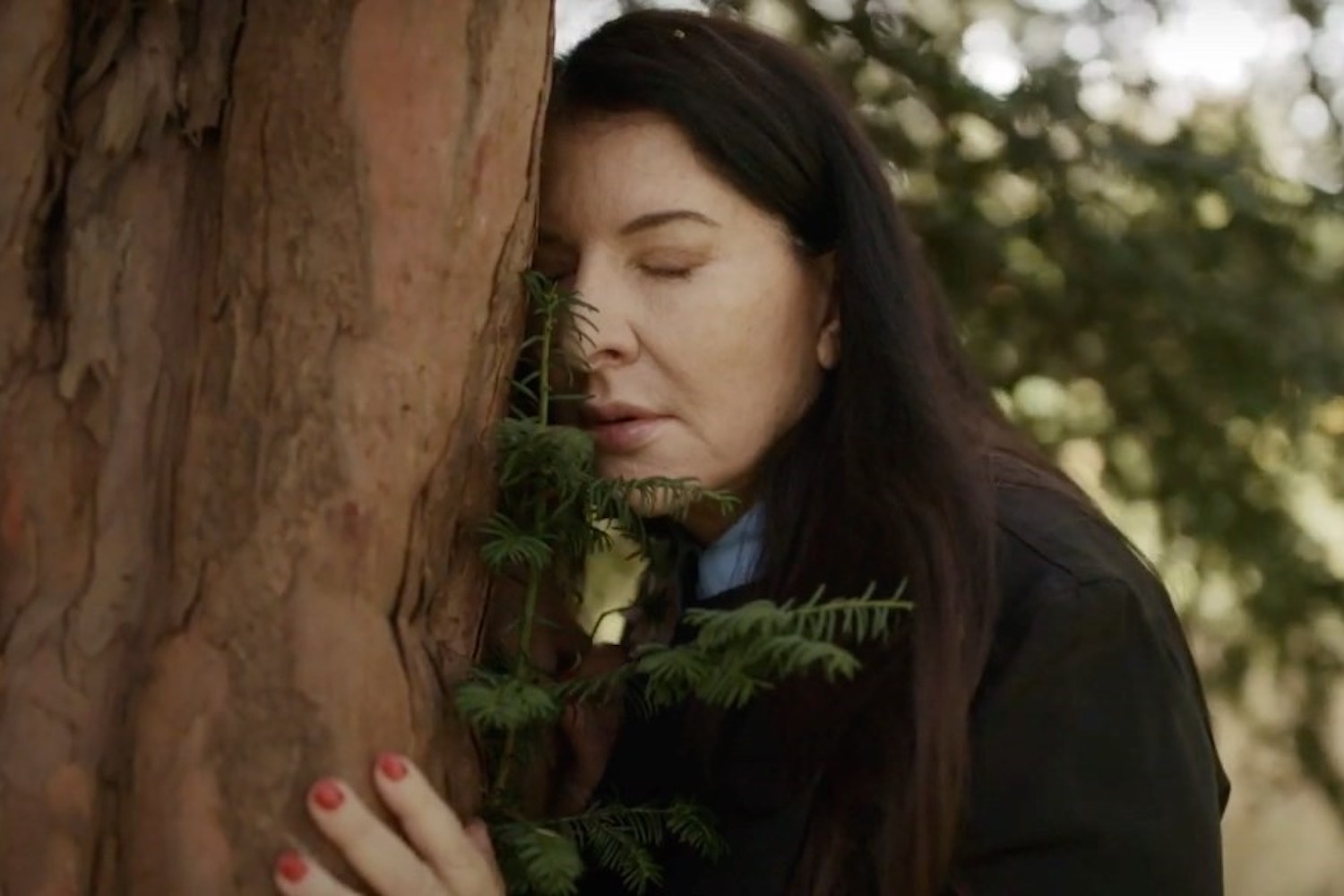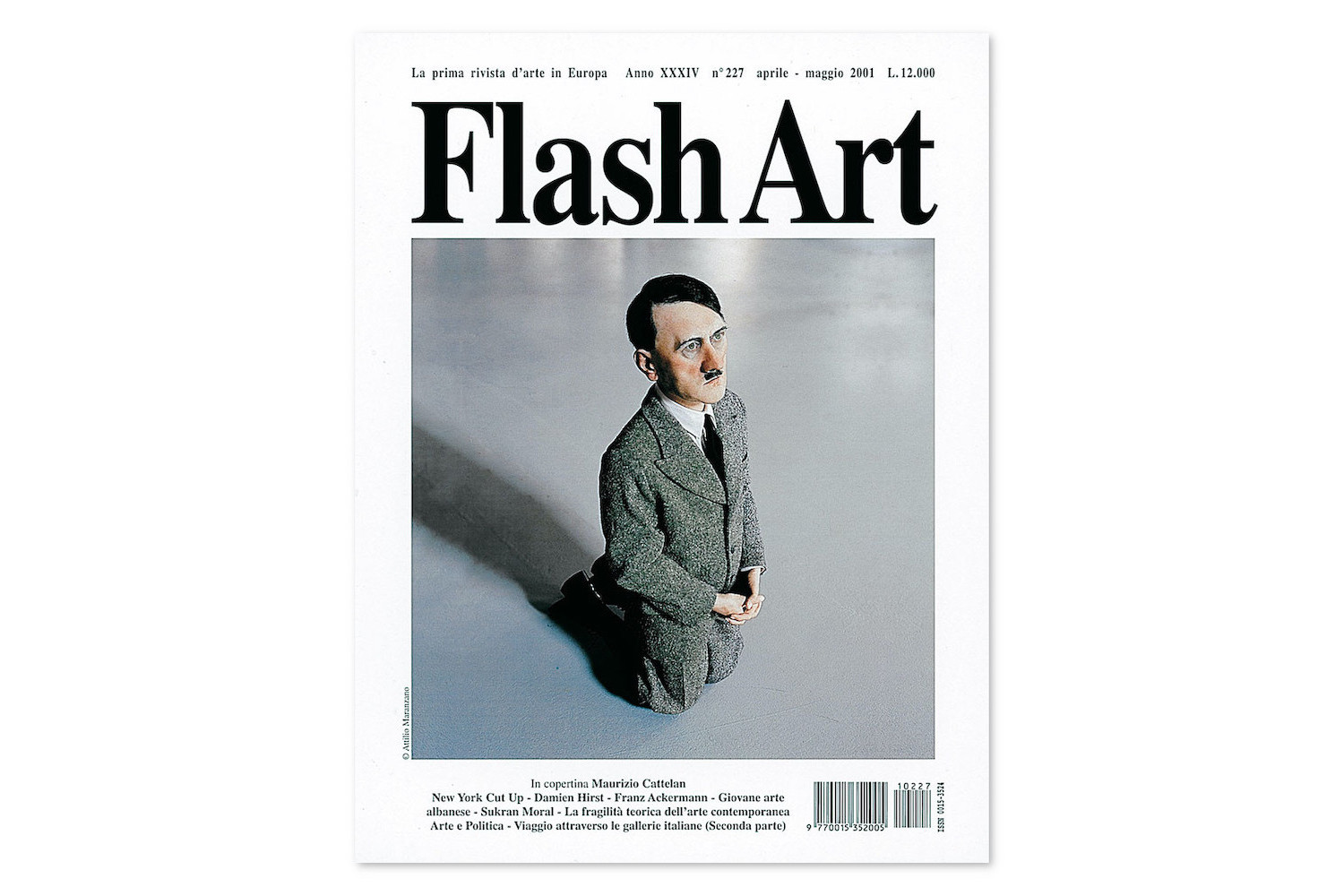A bi-weekly round-up of global art news from an admittedly fallible viewpoint.
US ARTISTS: POTUS OUT OF OUR MISERY

Documentation of Liz Glynn’s project, The Fear Index (2018), an interactive performance presented at Frieze London Art Fair, October 7, 2018. © Liz Glynn. Courtesy the artist and Paula Cooper Gallery, New York.
Welcome back, reader. A new era has dawned (though somewhat eclipsed by Bernie’s mittens). On January 20th, Joe Biden became the 46th US president. The new healer-in-chief promises to unite America’s basket of deplorables and enlightened liberals, but a baptism of fire meets him. The country has seen job losses everywhere, though the creative industry has been hit particularly hard. In the third quarter of 2020, unemployment rates for actors, dancers, and choreographers all exceeded 50 percent. For musicians and singers it was 27 percent, compared with national unemployment of 8.5 percent for the same period.
As Jason Farago reports for the New York Times, last March Congress passed the first COVID stimulus, which included Pandemic Unemployment Assistance. The programme provided vital financial support for out-of-work freelancers and contractors, a lifeline for actors, writers, artists, musicians, and dancers, who are three and a half times more likely than the average American to be self-employed. However, PUA severely undercompensates people in part-time salaried work, disadvantaging creatives who need side jobs. Biden must plug the gaps.
LUPIN: DECOLONIAL SLEIGHT OF HAND

Netflix’s Lupin racked up 70 million views in a month, more than hit shows Bridgerton and The Queen’s Gambit. Played by Omar Sy, gentleman thief, confidence trickster Assane Diop has to steal Marie Antoinette’s necklace to clear his family name. The slick French crime caper has a lot of Oceans 11 about it, as well as museum heist thriller The Thomas Crown Affair.
Diop is a master of disguise, but the series’ best trick is concealing radical race politics within binge-worthy entertainment. The legacy of empire everywhere hides in plain sight. Posing as a police detective in the final episode, Assane convinces a wealthy grand dame that a gang of thieves is about to rob her apartment. Dripping in pearls, she begs him to take her jewellery for safekeeping: A Fabergé egg, the rings off her fingers, a bracelet laden with diamonds. She tells him it was a gift from her husband, an industrialist who worked in mining (extraction in French) in the “Belgian Congo.” “The locals were sitting on a fortune. They didn’t realise. We helped ourselves.” “The good old days,” Assane replies, smiling charmingly, before walking out with the lot. If only museums’ colonial loot could be snatched back the same. Decolonisation is not a new label, it’s restitution. As Eve Tuck and K. Wayne Yang say, it’s “not a metaphor”, it “doesn’t have a synonym”, it’s not “a swappable term for other things we want to do to improve our societies”, it’s “repatriation of Indigenous land and life”.




